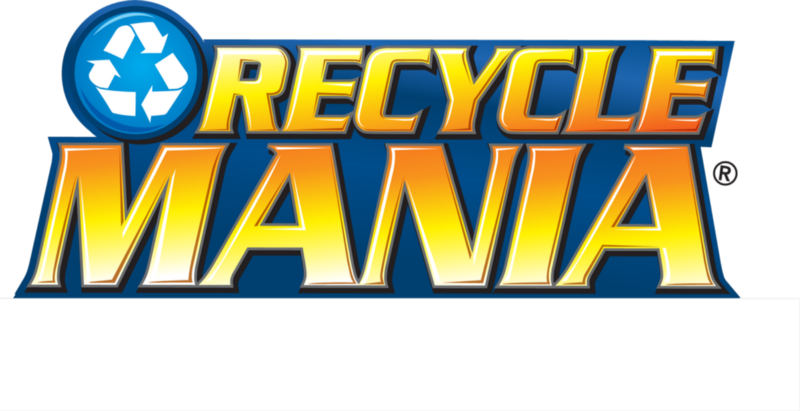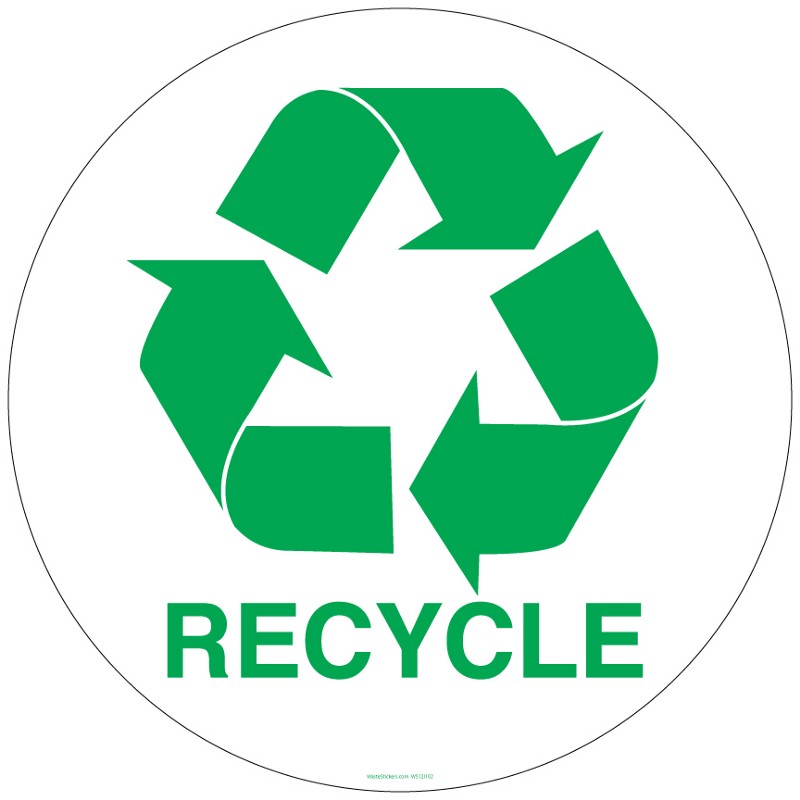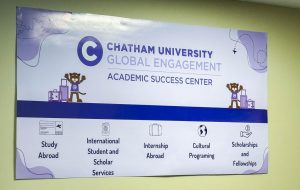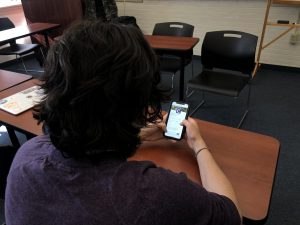Chatham places in top 20 in RecycleMania competition
April 29, 2019
By Anniston Bieri
April is here, and that means there’s a lot coming to an end here on campus. Winter is over (hopefully), and most are anticipating summer vacation or even graduation.
April’s arrival also means that RecycleMania has come to an end.
RecycleMania is a college recycling competition that compares recycling rates between schools. Chatham finished in 17th place out of 136 participants, with a recycle rate of 57.98% and 0.856 pounds of recycled material per capita. That’s up from 70th place last year and a recycle rate of 39.639%.

Though the University moved up the ranks this year, that doesn’t mean Chatham’s students and faculty can slack off in recycling just because the competition is over. The University has an active Office of Sustainability, with lots of ecological merits and awards under its belt. Plus, the University has a goal of total neutrality by 2025.
Chatham takes great strides to make a more sustainable campus by supplying compostable utensils and tableware and offering access to waste receptacles throughout campus. Café Rachel, Jennie King Mellon Library, Falk Hall and Anderson Dining Hall each have waste bins for recycling, trash and compost.
The University also accepts a wide variety of recyclable materials, including inkjet and laser cartridges, CDs, cell phones and batteries in Anderson. (The only caveat is that it’s largely on the students to know what can go in which bins.)

All plastics labeled №1 through №5, as well as any type of can or bottle, can be recycled, along with the label and the caps. Any paper or labeled packaging cardboard can be recycled, too — just make sure it’s dry and not contaminated by food.
Plastic bags, on the other hand, cannot be accepted by Chatham. However, they can be exchanged at local Whole Foods and Target stores.
As for compost, the bins on campus are labeled “Cups and Lids,” and all cups, bowls and lids provided on campus are compostable. You also can throw in the straws, napkins and utensils acquired on campus and any other items labeled as being compostable. This is the where you also can leave food scraps.
For more information, there’s a recycling guide written by Dr. Mary Whitney, Director of University Sustainability, on the University Sustainability Web page on My.Chatham.edu. For more specific questions regarding campus recycling and composting programs, contact the Office of Sustainability (www.chatham.edu/outreach/sustainability).






